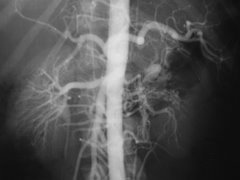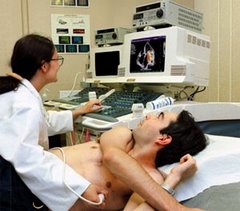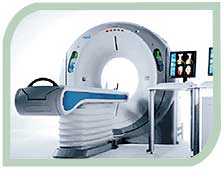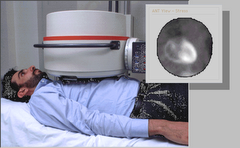FRIDAY, Dec. 15 (HealthDay News) -- The U.S. Food and Drug Administration on Friday slapped a stronger "black box" warning on labeling for Trasylol, an injectable drug given to patients before undergoing heart surgery to limit bleeding and the need for transfusions.
Because use of the medication has been associated with serious kidney damage and an increased risk of death, congestive heart failure and strokes, the FDA is also limiting its approved use.
Trasylol, which is derived from the lung tissue of cattle and marketed by Bayer Pharmaceuticals, was first approved by the FDA in 1993.
"Our new changes reflect results of the discussions from the Cardiovascular and Renal Drugs Advisory Committee advisory committee as well as results from the ongoing review of Trasylol safety," Dr. Dwaine Rieves, FDA's deputy director of the Division of Medical Imaging and Hematology Products at the Center for Drug Evaluation and Research, said during a teleconference on Friday afternoon.
The black-box part of the label has been modified to give a better description of the risk of potential patient reactions, including fatal reactions, Rieves said. "Now the black box warning states that Trasylol should be administered only in an operative setting where cardiopulmonary bypass can be rapidly initiated," he said. "We are also narrowing the indicated patient population."
The new labeling specifies that Trasylol should only be given to patients who are at an increased risk for blood loss and blood transfusion while undergoing coronary bypass graft surgery or for those who are put on a heart/lung machine during surgery.
The new labeling rules out administering it to patients with a known or suspected previous Trasylol exposure during the past 12 months, he added.
Also included is a new warning about the danger of an increased risk for kidney dysfunction and the possible increased need for dialysis after surgery, Rieves said. The new label also gives ways to manage the risk of post-use kidney dysfunction.
In addition, there is a new adverse reaction section on the label that is based on Bayer's review of its global database, Rieves noted. "There is also an alteration of the dosage and administration section to carry over the emphasis on the risk for renal dysfunction and to more clearly describe the dose-administration procedures," he said.
These changes follow an extensive FDA safety review, which began in January and was followed by an FDA public health advisory issued on Feb. 8.
The review was based on the results of two studies. One found the possibility of kidney failure, heart attack and stroke in patients treated with Trasylol compared with those treated with other drugs. The other found an increase in kidney damage, compared with other drugs, but did not find an increased risk of heart attack or stroke.
Get the whole story in the Washington Post.















No comments:
Post a Comment